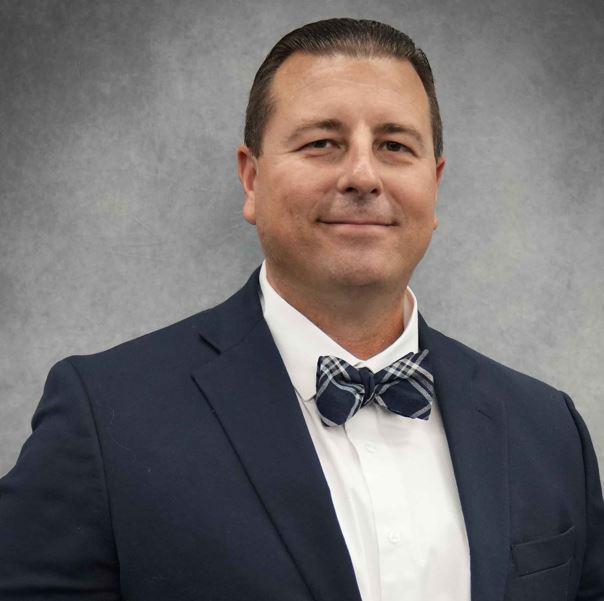________________________________________________________________________
_________________________________________________________________________
Grow Our Own Program is targeted at increasing the diversity of our school staff. We recruit recent SJUSD graduates who are interested in becoming teachers.
_________________________________________












